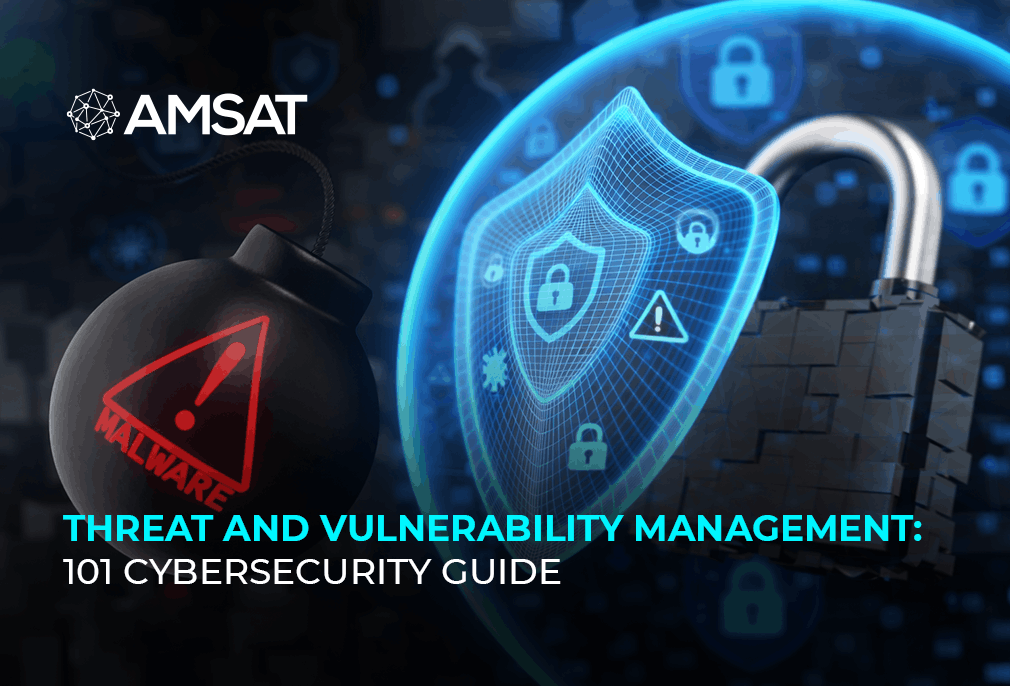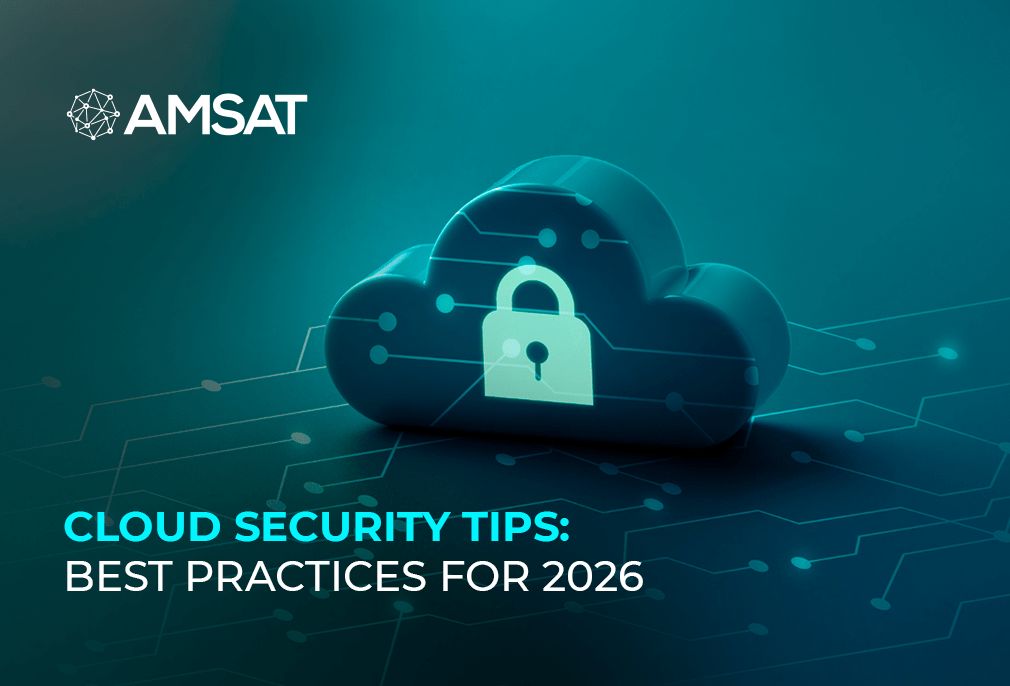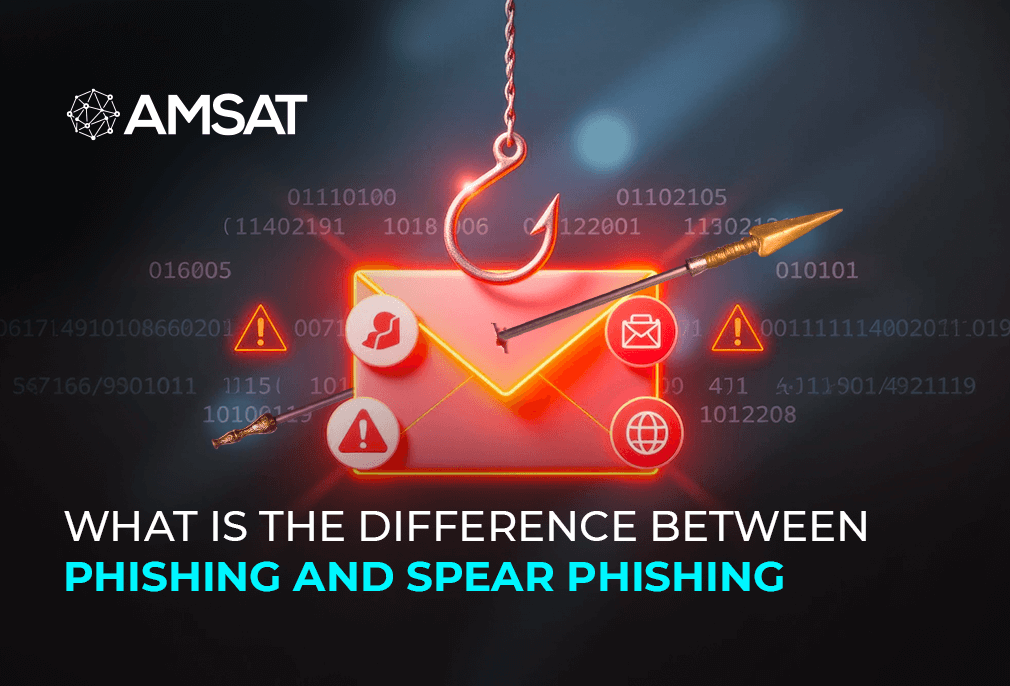Latest Blogs

By AMSAT Oct 16,2020
A Comprehensive Review of Firewalls and Their Types
One of the major issues organizations face when trying to acquire their important data is finding the correct tools for the work in question. Indeed, several companies might find it hard to discover the right firewalls for their specific needs, how to organize them, or why they might be important.
What is a Firewall?
A firewall is a software program that stops unlawful access to or from a private network. They are tools that can be used to improve the security of computers connected to a network, such as LAN or the Internet. They are an essential part of a wide-ranging security framework for your network.
Types of Firewalls
Firewalls can be divided into different types, some of which are as follows.
- Packet-filtering firewalls
- Circuit-level gateways
- Application-level gateways (a.k.a. proxy firewalls)
- Next-gen firewalls
- Software firewalls
- Hardware firewalls
- Cloud firewalls
Packet-Filtering Firewalls
Packet-friendly firewalls essentially produce a checkpoint at a traffic router or switch. This firewall is both a tool and a procedure that is a basic component of network security. Packet filtering typically is inexpensive to implement, but it must be understood that a packet-filtering device does not provide the same level of security as an application or proxy firewall.
Circuit-Level Gateways
These gateways work by confirming the Transmission Control Protocol (TCP) handshake, which is aimed to ensure that the session the packet belongs to is authentic. Although they are extremely resource-efficient, these firewalls do not check the packet itself, which is precisely the reason they are not adequate to secure your business.
Proxy Firewalls
These firewalls work at the application layer to filter inbound traffic between your network and the traffic source. Instead of allowing traffic link directly, the proxy firewall first sets up a link to the source of the traffic and evaluates the incoming data packet. Although they are the safest firewalls, their speed and functionality are highly compromised as they can limit which applications a network can support. However, proxy firewalls have only one problem: they can create considerable slowdown owing to the supplementary steps in the data packet modification process.
Next-Generation Firewalls
A characteristic NGFW integrates packet inspection with stateful inspection and also comprises some variety of deep packet inspection, in addition to other network security systems, such as intrusion detection/prevention, ransomware filtering and antivirus. Some general features of next-generation firewalls include deep-packet inspection, TCP handshake checks, and surface-level packet review. These firewalls may also comprise other technologies such as intrusion prevention systems (IPSs) that serve to automatically stop targets against your network.
Software Firewalls
These firewalls are a very valuable extra layer of security that can be added to the hosts residing on our networks. Software firewalls mostly contain a subgroup of the features that may be found on a large firewall appliance but are often capable of very similar packet filtering and stateful packet inspection.
Hardware Firewalls
This firewall serves as a gatekeeper for your server, which sits directly behind the router and can be arranged to evaluate incoming traffic, filter out specific threats as they come across the device. A hardware firewall offers security from both directions, to and from the server. Whenever data crosses the physical firewall, it is scrutinized in the light of predesigned criteria, allowing the firewall to spot and halt threats before they get to internal drives.
Cloud Firewalls
Created to stop or reduce unwelcome access to private networks, cloud firewalls are software-based, cloud-deployed network devices. These firewalls are designed for present-day business needs, and sit within online application settings. Installing a cloud firewall is like swapping a bank’s local security cameras and a physical security guard with an international 24/7 security center that has a central staff and security camera feeds from all the places where a bank’s assets are stored.
TAGS
- Firewall
- Hardware Firewalls
- Cloud Firewalls
Recent Blogs
Ready to Get Started?
Our specialists are ready to tailor our security service solutions to fit the needs of your organization.










